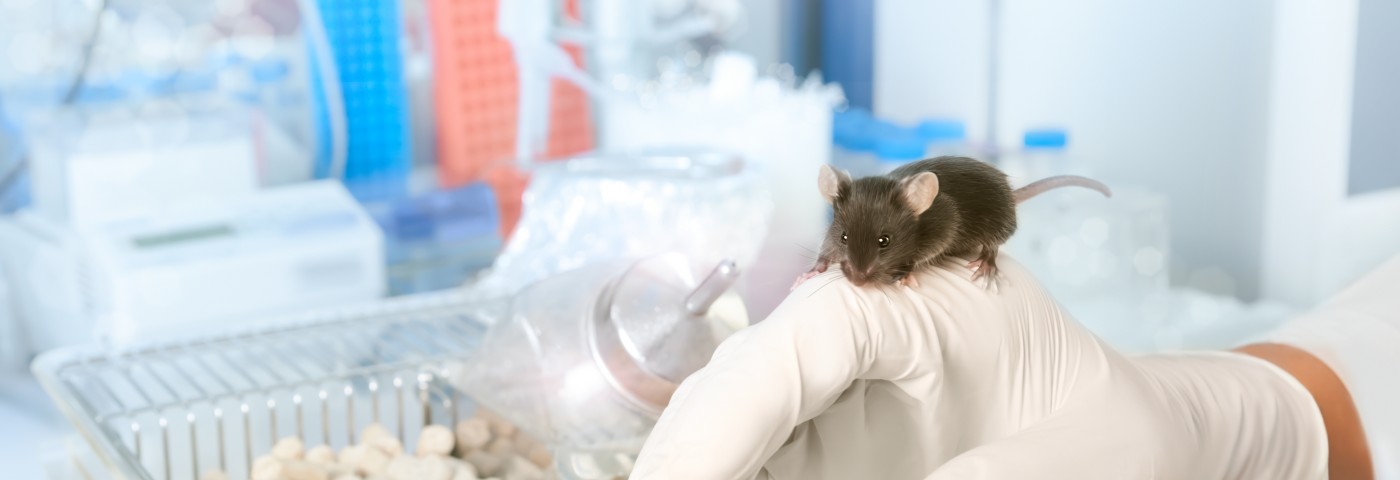A protein produced by immune cells can promote wound healing in the intestine, a finding that could lead to treatments for inflammatory bowel syndrome (IBS).
The study “Macrophage-derived IL-10 mediates mucosal repair by epithelial WISP-1 signaling” was published in the Journal of Clinical Investigation.
The research team hypothesized that IL-10, a protein produced by macrophages (immune system cells), may play a role in healing wounds in the inner surface of the intestines.
They tested their idea in laboratory mice and also in cells cultured in the lab. The researchers then compared the healing of wounds in the intestines of normal mice to mice whose macrophages produced no IL-10.
“Basically, you have a wound, and you have an immune cell that comes in,” Tim Denning, PhD, associate professor in the Institute for Biomedical Sciences at Georgia State University explained in a press release. “That’s the macrophage. The macrophage can produce a factor (IL-10), and that factor can then cause the cells that are around the wound to start closing the wound.”
In cultured epithelial cells, which line surfaces and cavities in the body (such as the intestine), the addition of IL-10 promoted wound repair within 12 hours. The response to this treatment was even better after 24 hours.
“Understanding how wounds can be healed is believed to be very important and a potential therapeutic avenue for the treatment of inflammatory bowel disease,” Denning said. “In this study, we tried to understand some of the cellular mechanisms that are required for optimal wound healing in the intestine. To do this, we used a cutting-edge system, a colonoscope with biopsy forceps, to create a wound in mice. This is analogous to colonoscopies in humans. This cutting-edge system allowed us to begin to define what cells and factors contribute to wound healing in the mouse model,” he said.
The team identified links in the chain of biochemical reactions that go from the production of IL-10 to the action of a molecule called WNT1-inducible signaling protein 1 (WISP-1). WISP-1 induces epithelial cells to multiply and close wounds.
“The implications are that understanding these cells, the factors and the pathways may offer us the ability to modulate this pathway during inflammatory bowel disease, which could lead to treatment and promote healing and recovery from inflammatory bowel disease,” Denning said.
The research team theorizes that delivering IL-10 and other beneficial compounds that participate in these reactions may help IBD patients.

